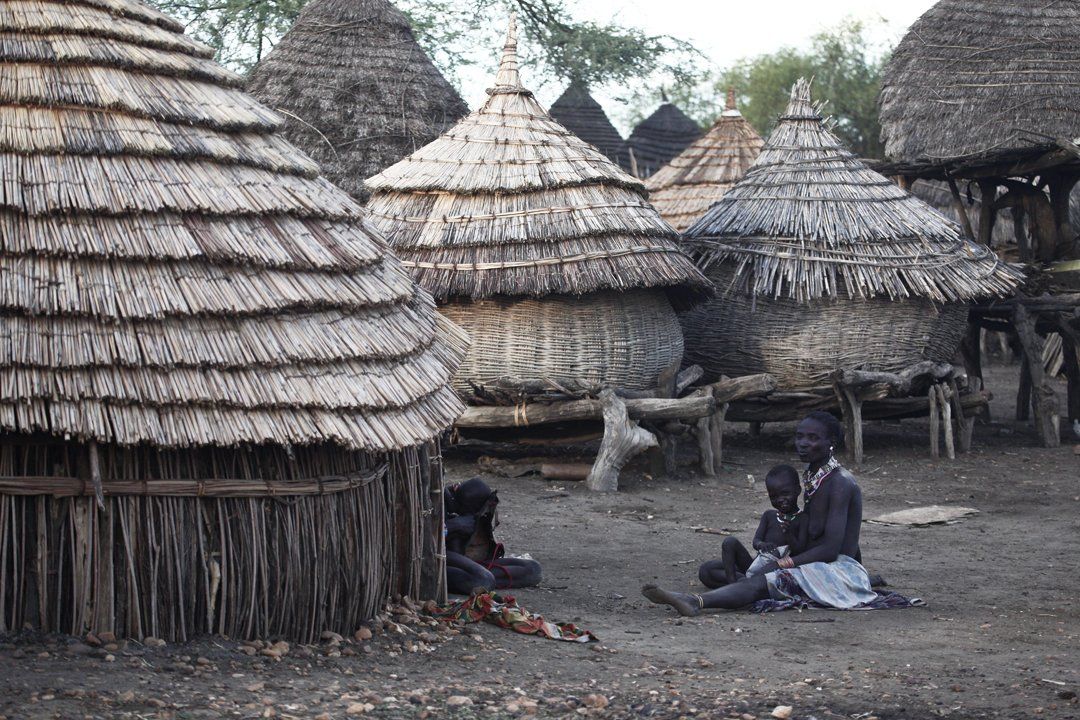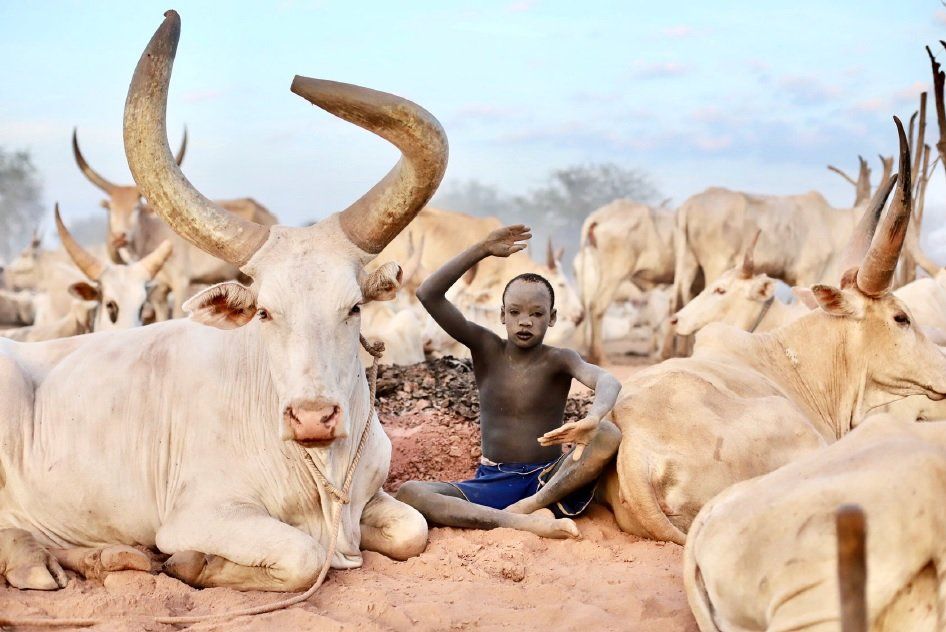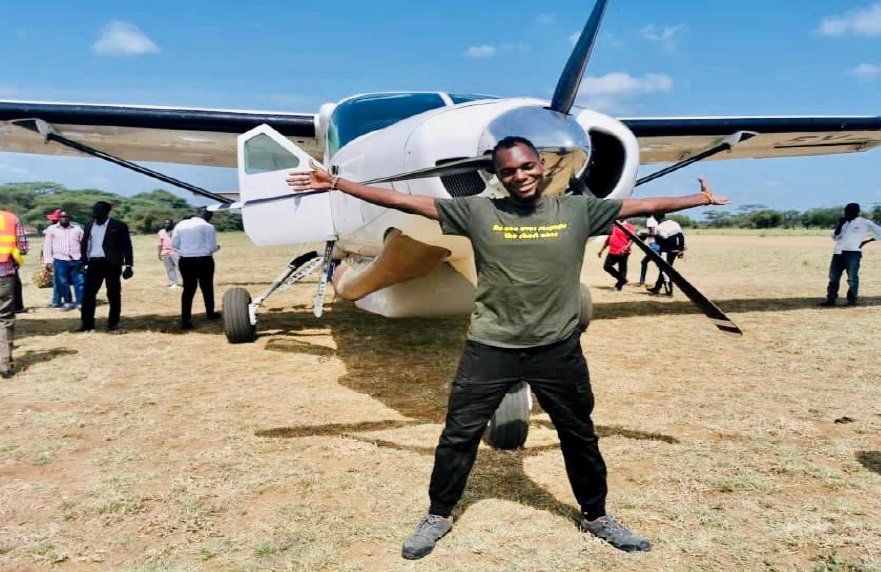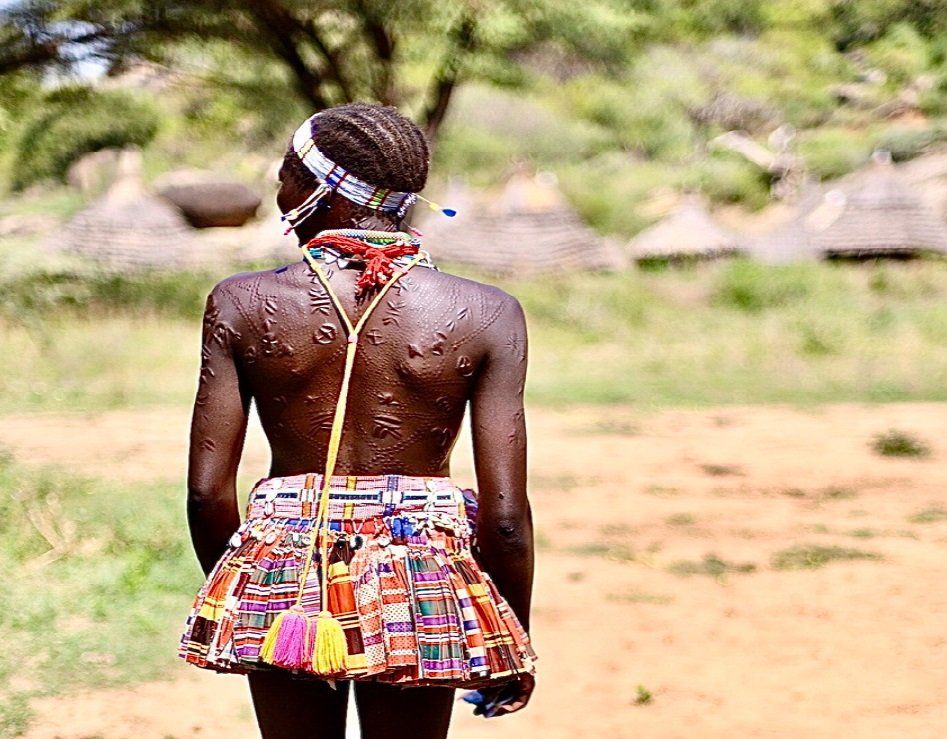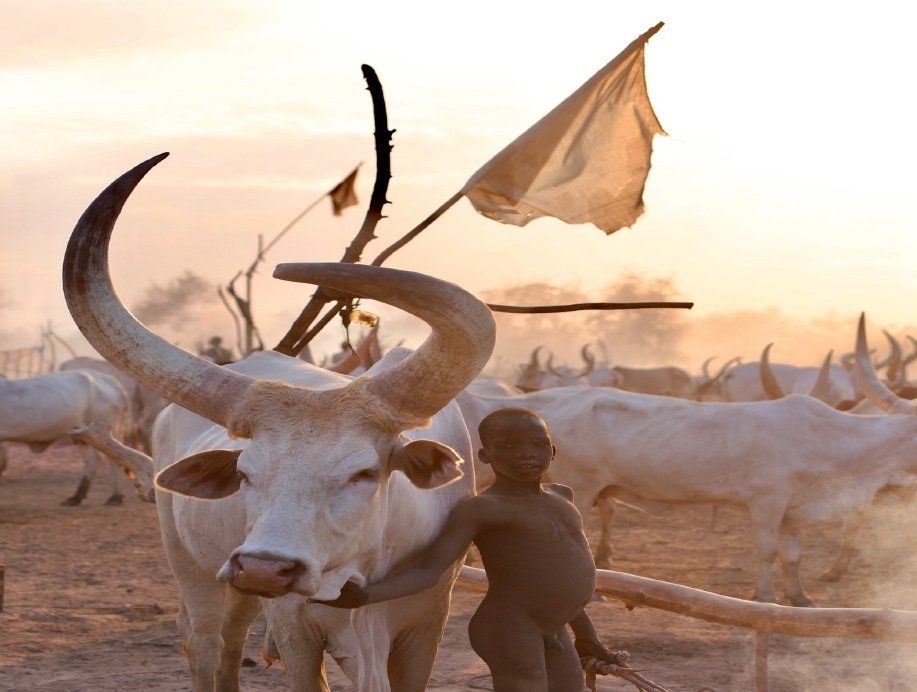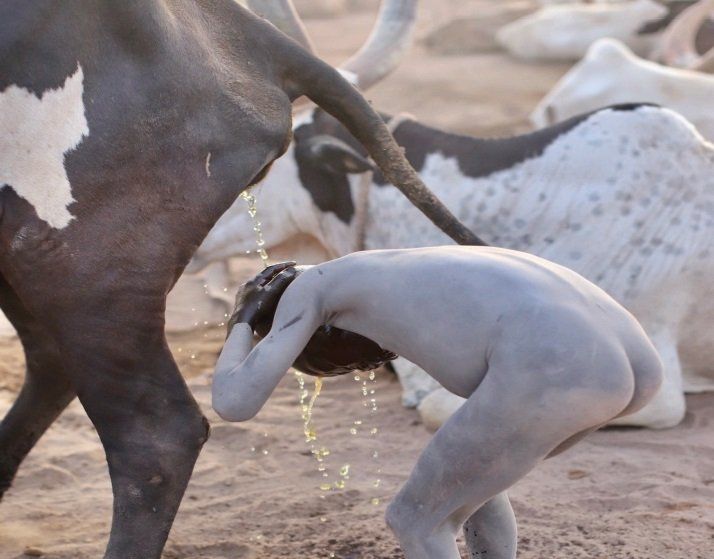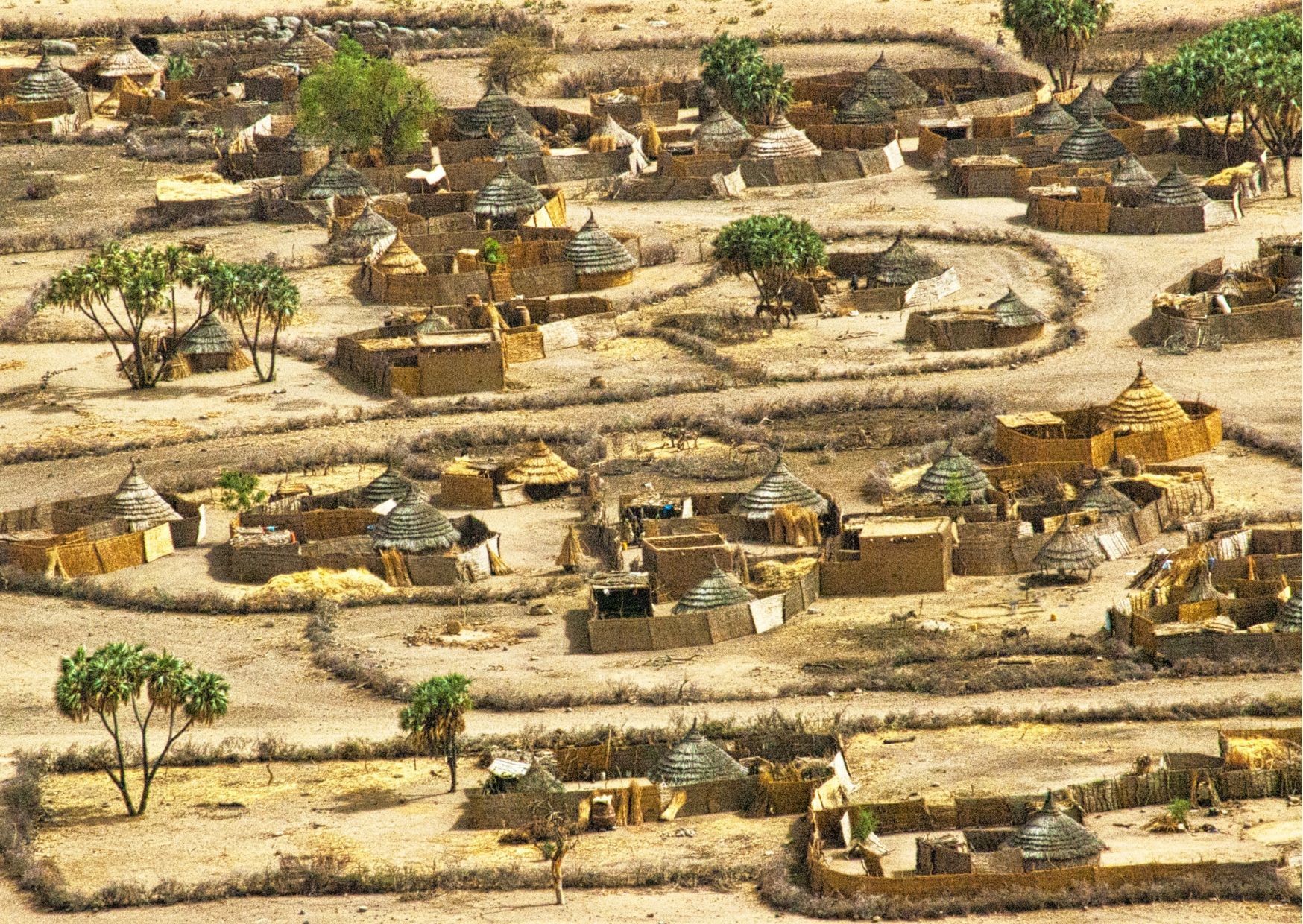SOUTH SUDAN

Independent since 2011, South Sudan is the world’s newest state. Its short history is punctuated by civil wars and famine, which ceased only in 2020: we will be among the first to delve into this remote, ancient land, which is inextricably linked to the ancestral traditions of its tribes. Starting from the chaotic capital Juba, we will move to the remote southeastern regions of the country, where beautiful savannah and highland landscapes are dotted with villages where time seems to stand still. As we travel up from Kapoeta to Juba, we will come into contact with many local tribes, from Toposa warriors to Mundari herders, who live symbiotically with their herds.
THE BHS TOUCH
From the high lands of the Larim to the ancestral customs of the Mundari tribe of herders, we will be protagonists of an extraordinary journey through time, in one of the last unspoiled corners of Africa! Accompanied by an experienced local guide, we will not only focus on the beauty offered by the nature of South Sudan, but will delve deeper into the study of the country’s tribal life and customs in remote areas where rural traditions of hunting and herding have remained intact for centuries

Highlights
![]() The architecture of the village of Ilieu
The architecture of the village of Ilieu
![]() Customs and rituals of the Mundari tribes
Customs and rituals of the Mundari tribes
![]() The sunset return of the Mundari herds
The sunset return of the Mundari herds
![]() Larim‘s mountain villages and traditions
Larim‘s mountain villages and traditions
 Where will we sleep
Where will we sleep
Hotel in Juba, local houses and tent
 How we will get around
How we will get around
Domestic flight, 4×4 jeep with private driver
SOUTH SUDAN
RATING
Travel by 4×4 with local drivers in an area unaccustomed to tourism, desert and without infrastructure. It presents no particular physical difficulties, but requires great spirit of adaptation due to the many nights in tents, no possibility of washing with running water, and the distance from any kind of comfort
Per altre informazioni sui nostri viaggi, consulta la sezione FAQ.
ITINERARY
DAY 1: meet up in Juba, get to know the local guide and check into hotel. The first day will be spent visiting the capital, overlooking the White Nile, and making initial contacts with South Sudan, including dealing with procedural requirements and visa registrations. Dinner and overnight in Juba
Morning: transfer to Juba airport and domestic flight to Kapoeta, a village in the highlands of the southeastern part of the country, at the center of the Eastern Equatoria region and surrounded by Toposa tribal territory
Afternoon: start of 4×4 exploration of the savannah inhabited by the Toposa. This will be the first encounter with the tribal peoples and customs of South Sudan, which are completely refractory to modernity. The Toposa are an ethnic group dedicated mostly to cattle and goat herding, and have a well-known reputation as warriors, whose history is marked by constant conflict with neighboring Larim tribe, raiding and cattle theft. They live in simple villages made mostly of circular huts in which they gather during the wet seasons, while in the dry season months herders migrate in search of pastures suitable for their herds
Evening: dinner and night in tents near Toposa villages.
Morning: wake up very early to follow the morning activities of the Toposa tribes. After breakfast, move to the hilly Boya territory, a mountainous enclave within the savannah, home of the Larim tribe. Exploration of the picturesque villages of the Larim, consisting mostly of huts covered with sharp-pointed thatched roofs, and protected by rudimentary walls to defend against Toposa raids
Afternoon: afternoon in close contact with the Larim. The men are mostly away from the village tending livestock, while the women engage in subsistence farming. The many widows of the Larim tribe wear woven palm fronds on their foreheads and legs, and all the women dress in traditional multicolored skirts, and their skin is curiously etched with self-inflicted scarifications for decorative purposes
Evening: dinner and night in tents near the Larim villages
Morning and afternoon: move from the Larim territories to the village of Ilieu, at the center of the Lotuko mountain kingdom, at the apex of which is a sorcerer king. The village of Ilieu is undoubtedly one of the most beautiful and interesting in South Sudan, because of its location among the mountains and its buildings, especially the among which the city walls, dating back more than 600 years, stand out. This testifies that, unlike other tribes in eastern Equatoria, the Lotuko have a long history of settledness, and have lived stably in villages for centuries practicing farming, ranching, and fishing. The Lotuko have no concept of private property; all their land belongs to the community, and their lives have been marked for centuries by the rhythms of nature, which are the basis of the local religion, which is animistic in nature
Evening: dinner and night in a tent near Ilieu
DAY 6: Depart from Ilieu and return to Juba, the capital of South Sudan. Check-in at the hotel, and afternoon dedicated to free time after four days of “time travel” in contact with the myths and ancestral rituals of the local tribes of Eastern Equatoria. This will be a good opportunity to shower and recharge your batteries ahead of the adventure in the Mundari camps
DAY 7: Among the melting pot of tribes and ethnicities that populate South Sudan, the encounter with the Mundari will most likely be the most exciting of our trip. Near Terekeka, in the cattle camps north of Juba, the Mundari live symbiotically with their herds of long-horned zebu, following life rhythms and rituals that have remained unchanged for centuries. Children are tasked with burning cattle dung, and they sprinkle their bodies with the ashes used as mosquito repellent. At sunset, the spectacle of tribal leaders returning with hundreds of zebu after a long day of grazing
Morning: morning dedicated to everyday activities in the cattle camps of the Mundari, to learn even more about the tribe’s ancestral customs, which have remained unchanged over the centuries and are linked to animist rituals that have enabled these tribes to survive in such inhospitable environments as the African savannah. Among the most unique customs is undoubtedly showering with bovine urine, which is considered an excellent disinfectant, but it will also be possible to observe other traditional behaviors, such as drinking milk directly from the zebu’s udder, and bloodletting the animal’s jugular in order to extract its blood, a source of protein for the Mundari’s diet
Afternoon: final hours in contact with the Mundari tribe, and return in the afternoon to Juba, where a short excursion on the White Nile can be arranged
Evening: dinner in Juba and overnight at the hotel
Morning: check out in the morning and it’s time to go again. We bid farewell to our fellow travelers and hope to see you again on the next trip!
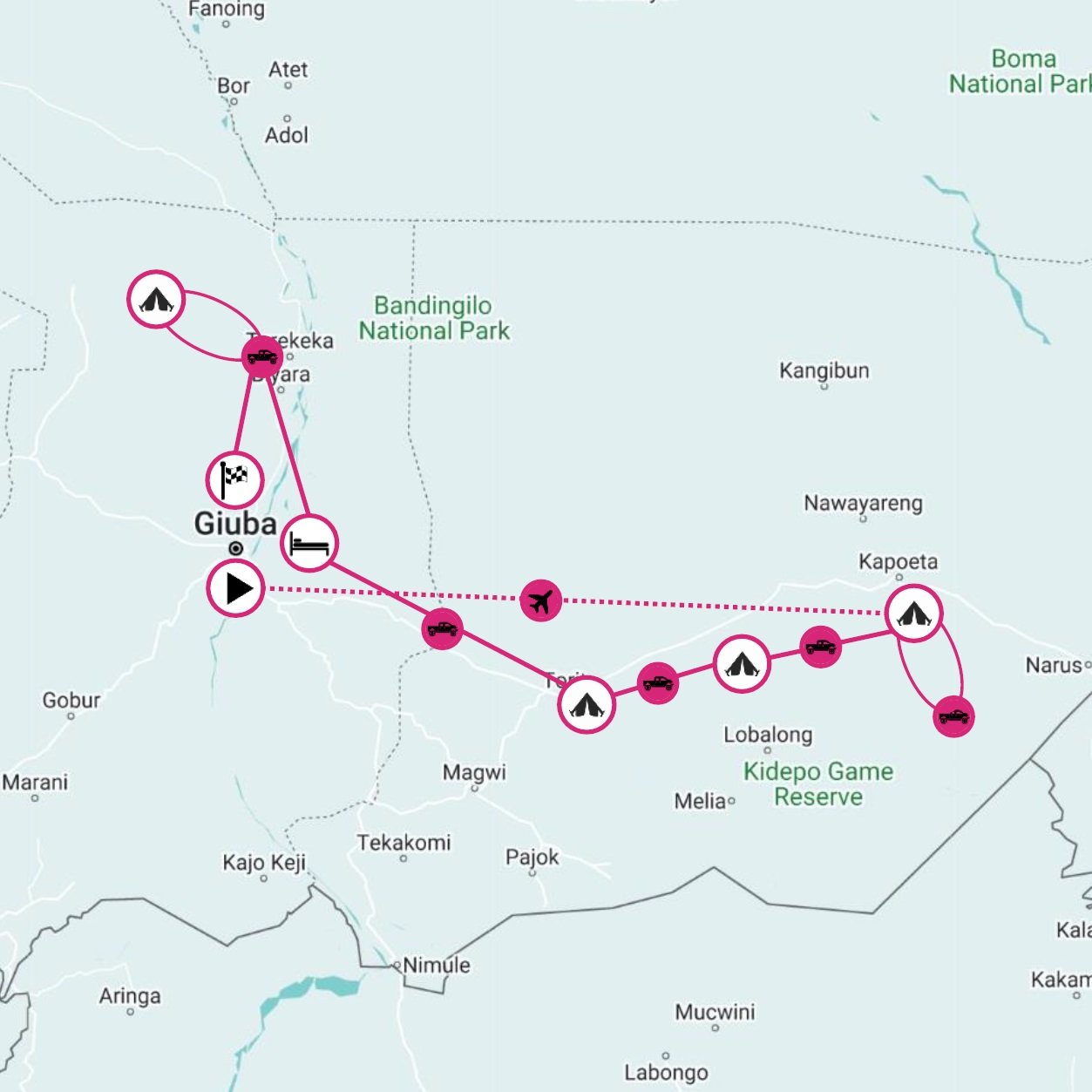
UPCOMING DEPARTURES
Reserve your spot with €100
What’s included
PRICE INCLUDES
- Domestic flight Juba – Kapoeta
- All 4×4 transfers (3 people per Jeep, window seat guaranteed)
- Twin room with breakfast (in Juba) and tent with full board (nights at the campsites)
- Camping equipment (including tents and sleeping mats)
- Local and tribal permits
- BHS tour leader for the duration of the trip
- English-speaking local guide
- Medical insurance (up to 100,000€)
PRICE DOES NOT INCLUDE
- Visa, personal expenses and anything not specifically mentioned
Important notes
VISA
Obtaining an e-visa is required for entry into South Sudan. The price varies according to citizenship, and obtaining it remains the responsibility of the participant
START & END POINT LOCATION & TIME
The trip starts in Juba on Day 1 at our joining point hotel, and finishes back in Juba on Day 8 at our joining hotel
SINGLE SUPPLEMENT
A Single Supplement can be booked if you’d prefer not to share a room on this trip, subject to availability
